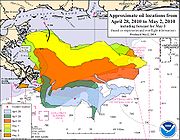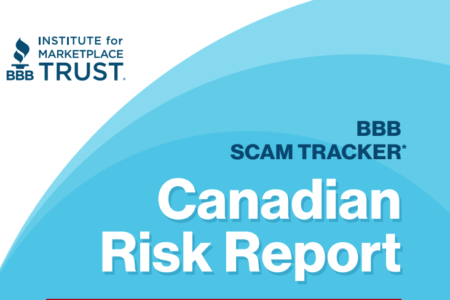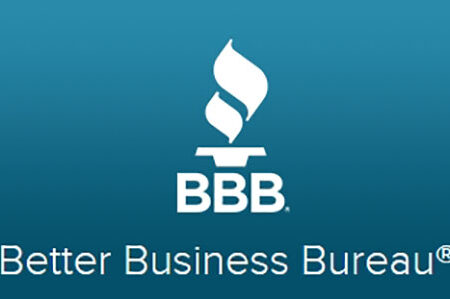Enbridge ignores oil tanker opposition even in the wake of Gulf spill
Enbridge will proceed with its project to bring the first oil supertankers to Canada’s pacific coast despite clear and growing opposition in the wake of the massive oil spill in the Gulf of Mexico, the company announced at its annual general meeting (AGM) on May 4.
“I want to turn a ‘no’ into a ‘yes’,” said Enbridge Chief Executive Officer (CEO) Patrick Daniel. He expects tar sands crude to be flowing through BC’s coast by 2016.
But environmentalists and First Nations that attended the AGM say that some things are priceless and not up for negotiation.
“British Columbians are not going to jeopardize their coast and wild salmon for Enbridge’s profits,” said Nikki Skuce, energy campaigner for ForestEthics. “CEO Patrick Daniel doesn’t seem to get that the opposition will do whatever it takes to stop this project. He’d be better off taking a leadership role by putting an end to the Northern Gateway before dragging it out to its inevitable demise.”
In March, B.C.’s coastal First Nations declared a moratorium on oil tanker traffic and singled out Enbridge’s Northern Gateway Project as unwelcome.
“At last year’s AGM, Pat Daniel said he didn’t want to push a project that was ‘opposed and of concern to others’”, said Eric Swanson, Campaigner for Dogwood Initiative. “Since then, the opposition has snowballed, the Gulf is slick with oil, and we know that what Pat really meant was that he didn’t like hearing ‘no’, but would push ahead regardless.”
Speaking to shareholders, CEO Pat Daniel said that the Northern Gateway is important because the “world is hungry for energy.”
“But if the wild salmon are gone, you can’t eat money,” said John Ridsdale, Hereditary Chief of the Wet’suwet’en. “That’s why we’re saying no. Not maybe. Not a no that can be turned to a yes. Our resolve is clear.”
The Enbridge Northern Gateway Pipeline would carry oil over 1,100 kilometres from the tar sands to Kitimat, where it would be loaded onto supertankers bound for foreign markets. Those tankers – some 225 per year – would navigate the same waters where the Queen of the North sank in 2006.
ForestEthics provided this press release regarding the Northern Gateway Pipeline project in B.C.






















